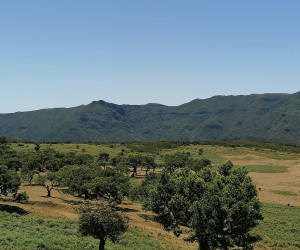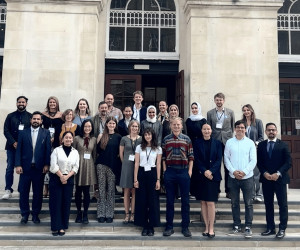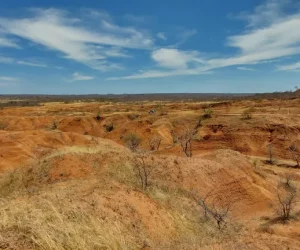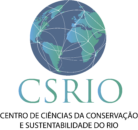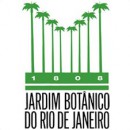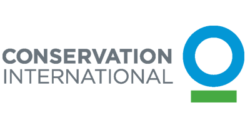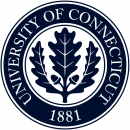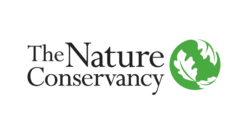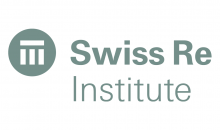Policies
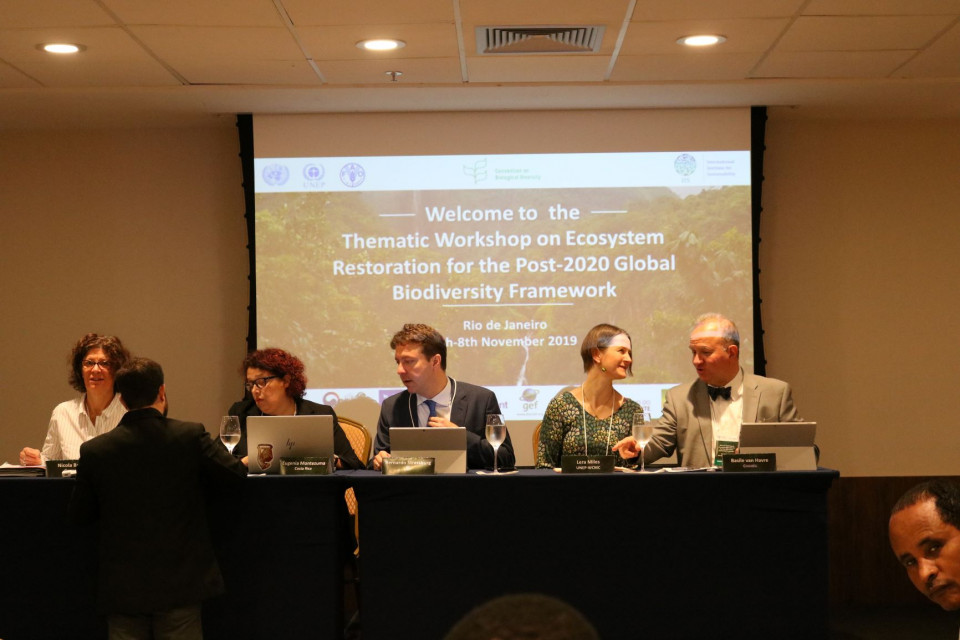
Decision-making is usually focused on complex scenarios and often requires a multidisciplinary study
that address the necessary aspects to enable governments to follow through with decisions. Our work on this topic is vast, since most projects aim to support the formulation of public policies. Among them, the National Plan for the Recovery of Native Vegetation (PLANAVEG) stands out, which aims to create favourable conditions for the recovery of native vegetation of at least 12 million hectares by 2030, as well as participation in the Pact Coordination Council for Restoration of the Atlantic Forest (PACTO), a movement aimed at restoring 15 million hectares of Atlantic Forest by 2030, with the articulation and engagement of more than 300 groups including governments, NGOs, research institutes, universities and private companies. We also hosted the Thematic Consultation on Restoration of Ecosystems for the Global Biodiversity Framework post 2020, a meeting which promoted a dialogue based on scientific contributions and experience of representatives from more than 60 countries, aiming to develop suggestions on objectives, goals and potential indicators, as well as thoughts on monitoring and reporting for the post-2020 global biodiversity picture.
Related Content

31.01.25
IIS is recognized in the lessons learned from the Native Vegetation Recovery Plan of Pará
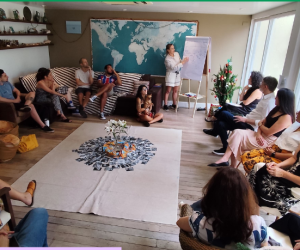
07.01.25
IIS completes 15 years of history, impact and achievements!
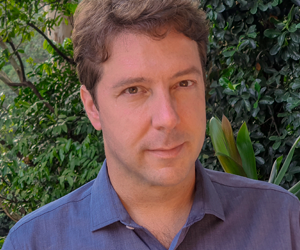
07.01.25
For the third consecutive year, Bernardo Strassburg is elected one of the most influential researchers in the world
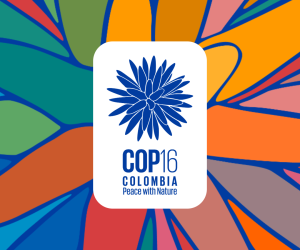
18.10.24
IIS participates in the COP 16 on Biodiversity in Cali, Colombi
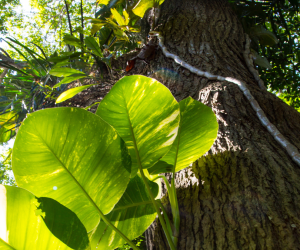
Boosting Assisted Natural Regeneration: Solutions for Mato Grosso and Pará

08.10.24
IIS Researcher Stella Manes Selected for Climate Leadership Program in New York
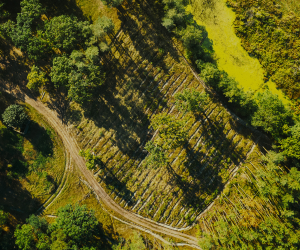
Priority Areas for Native Vegetation Restoration in Brazil
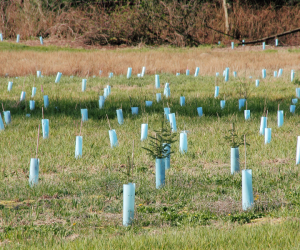
What are Nature-Based Solutions (NbS) and what are their benefits?
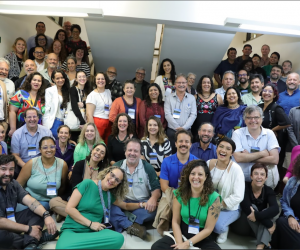
25.06.24
Debates are advancing towards the construction of a public policy that recognises the results of biodiversity conservation efforts in Brazil
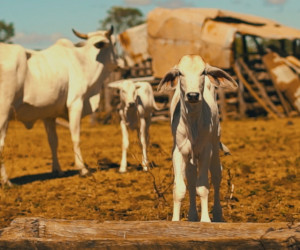
Tocantins Agroenvironmental: Development of a roadmap for advancing the sustainable agri-environmental agenda
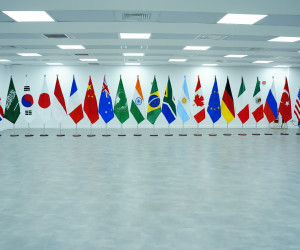
06.05.24
IIS is part of group that will make recommendations for the G20
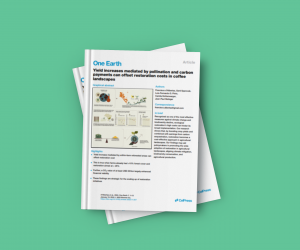
Yield increases mediated by pollination and carbon payments can offset restoration costs in coffee landscapes
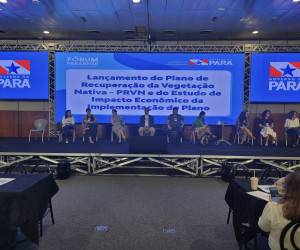
21.12.23
Now it’s law: Pará must restore vegetation on 5.6 million hectares
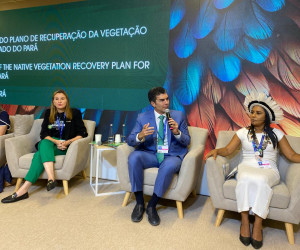
20.12.23
During COP 28, Pará launches a plan co-led by IIS to restore the Amazon
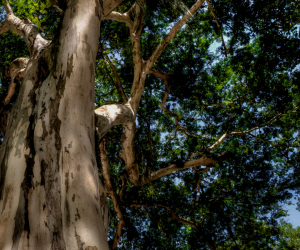
20.12.23
How do the conservation and restoration of ecosystems contribute to the climate agenda?
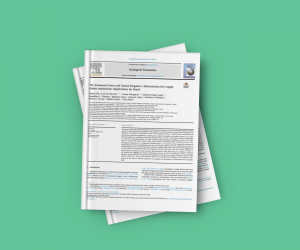
The European Union and United Kingdom’s deforestation-free supply chains regulations: Implications for Brazil
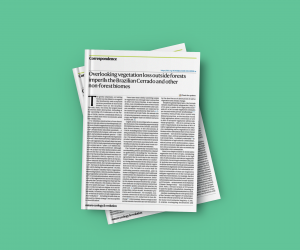
Overlooking vegetation loss outside forests imperils the Brazilian Cerrado and other non-forest biomes
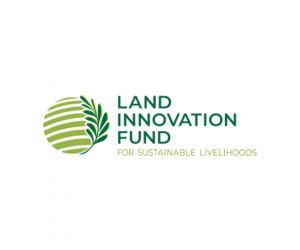
16.10.23
The carbon market: an opportunity to control deforestation caused by agricultural expansion in Brazil
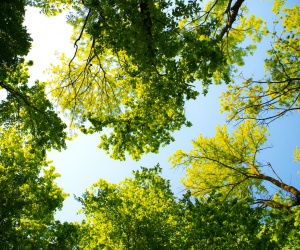
Framework to guide the mitigation of natural disasters through Nature-based Solutions
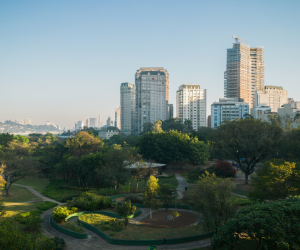
15.09.23
IIS is one of the winners of the “Biodiversity and Ecosystem Services Scenario Modelling Challenge”

09.08.23
ACHIEVING AGRICULTURAL SUSTAINABILITY IN MATOPIBA

Executive summary: Mental maps of rural producers on land use change in MATOPIBA
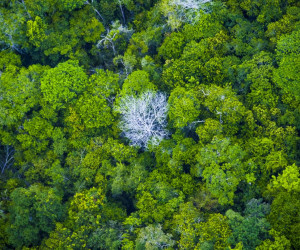
State Plan for the Recovery of Native Vegetation in the State of Pará (PRVN)
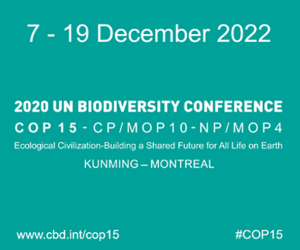
06.01.23
IIS contributes to different targets of the Post-2020 Global Biodiversity Framework (Post-2020 GBF)
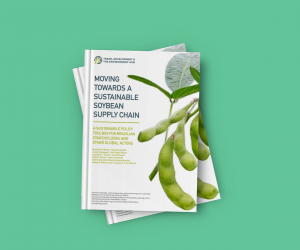
Policy Brief: Moving towards a sustainable soybean supply chain – a sustainable policy toolbox for Brazilian stakeholders and other global actors

SPACES: spatial intelligence for climate and nature
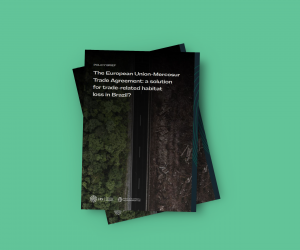
Policy Brief: The European Union-Mercosur Trade Agreement: a solution for trade-related habitat loss in Brazil?
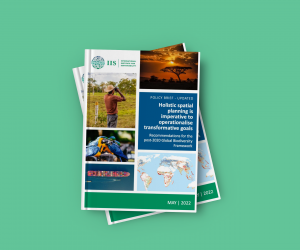
Holistic spatial planning is imperative to operationalise transformative goals: recommendations for the post-2020 Global Biodiversity Framework
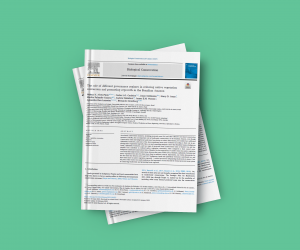
The role of different governance regimes in reducing native vegetation conversion and promoting regrowth in the Brazilian Amazon

04.02.22
Bernardo Strassburg, Executive Director of IIS, listed as one of the best scientists in the world by Stanford University and Elsevier
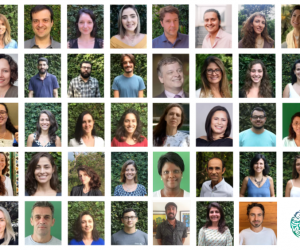
21.12.21
What have we learned in 2021? – IIS Retrospective
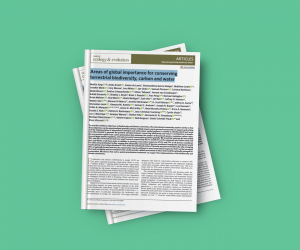
Areas of global importance for conserving terrestrial biodiversity, carbon and water
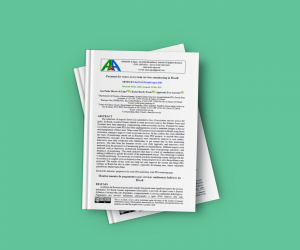
Payment for water-ecosystem services monitoring in Brazil
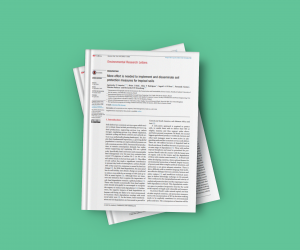
More effort is needed to implement and disseminate soil protection measures for tropical soils
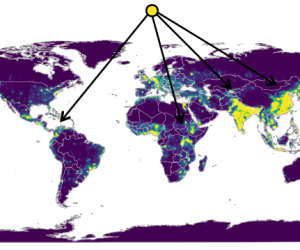
24.03.21
Rising deforestation puts amazon at risk of becoming virus hotspot
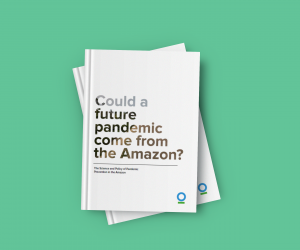
Could a future pandemic come from the Amazon?
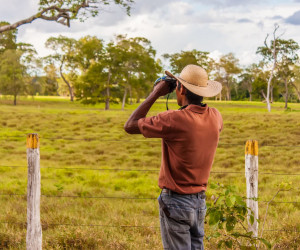
05.03.21
Workshop on agricultural commodities production and trade scenarios outcomes on land use change and biodiversity in Brazil
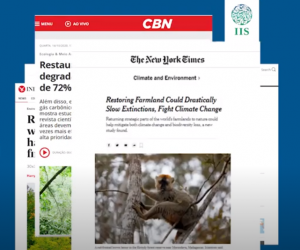
09.02.21
2020 in retrospective
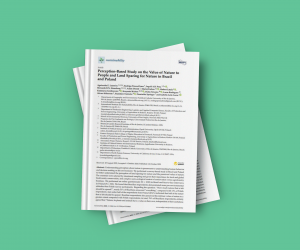
Sustainability: Perception-Based Study on the Value of Nature to People and Land Sparing for Nature in Brazil and Poland

Nature: Global priority areas for ecosystem restoration
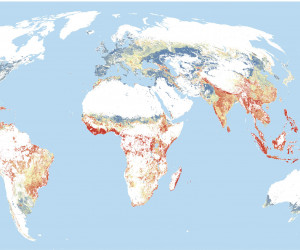
14.10.20
Restoring 30% of the world’s ecosystems in priority areas could stave off more than 70% of projected extinctions and absorb nearly half of the carbon built up in the atmosphere since the Industrial Revolution

Nature: Bending the curve of terrestrial biodiversity needs an integrated strategy
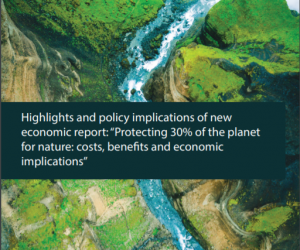
09.07.20
Economic Benefits of Protecting 30% of Planet’s Land and Ocean Outweigh the Costs at Least 5-to-1
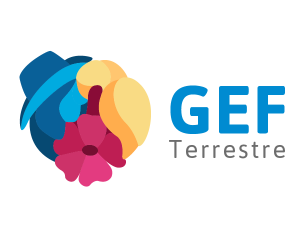
GEF Terrestrial – Conservation, Restoration and Sustainable Management Strategies to Enhance Caatinga, Pampa and Pantanal Biodiversity
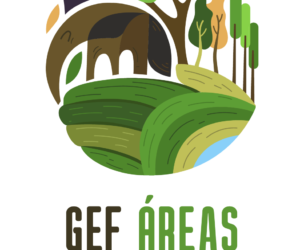
27.01.20
Workshop “The Value of Biodiversity Conservation in Private Areas”
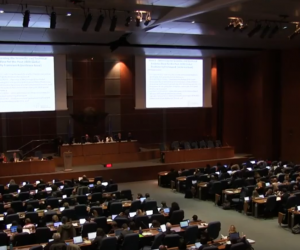
25.11.19
IIS at the UN Biodiversity Convention´s SBSTTA-23
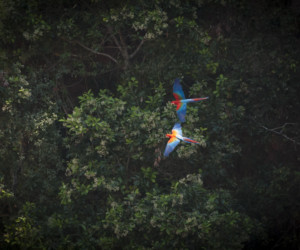
GEF Private Areas – Conserving biodiversity and rural landscapes
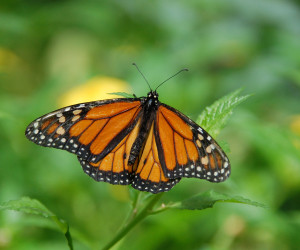
Biodiversity and Ecosystems’ Economy Study (TEEB) – Paraíba do Sul River Basin – Paulista Portion / São Paulo
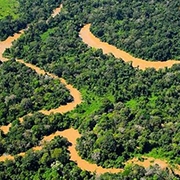
Evaluation of ecosystem services in the state of Acre

Sustainable Rural Development in Paraitinga River Basin, São Paulo State
Nature Ecology & Evolution: Moment of truth for the Cerrado hotspot
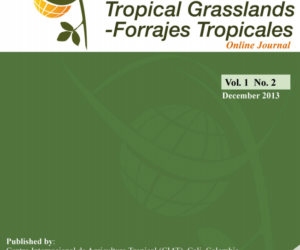
Challenges and opportunities for improving eco-efficiency of tropical forage-based systems to mitigate greenhouse gas emissions
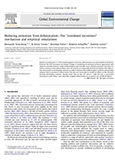
Reducing emissions from deforestation—The ‘‘combined incentives’’ mechanism and empirical simulations
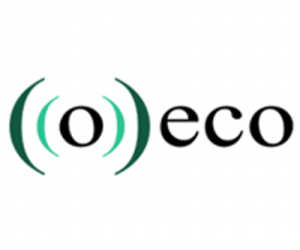
26.06.19
The goal of restoration of the Atlantic Forest should be

26.06.19
Large scale restoration already occurs in the Atlantic Forest, shows unpublished study

23.06.19
The Atlantic Forest recovers

04.05.19
Planejamento pode conciliar recuperação florestal e expansão agrícola
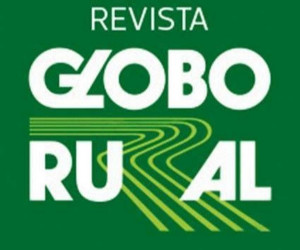
04.05.19
Planejamento pode conciliar recuperação florestal e expansão agrícola
25.09.17
Final TEEB project presentation for the Secretariat for the Environment of the State of São Paulo
30.04.17
Bernardo Strassburg talks to TV PUC-Rio about the progress of Cerrado deforestation, its consequences and the possibilities to avoid the collapse of the biome.
24.03.17
Bernardo Strassburg talks about the progress of deforestation in Cerrado in an article from Observatório Eco – Direito Ambiental.
09.09.16
Daniel Silva, from IIS, cooperates with the O Eco website report about livestock intensification
15.04.16
Centre for Conservation and Sustainability Science is inaugurated
10.01.16
Bernardo Strassburg and Agnieszka Latawiec talks to PUC-Rio TV about the importance of preserving the Cerrado biome.
15.11.15
Director of the International Institute for Sustainability (IIS) comments on reforestation challenges
04.05.15

